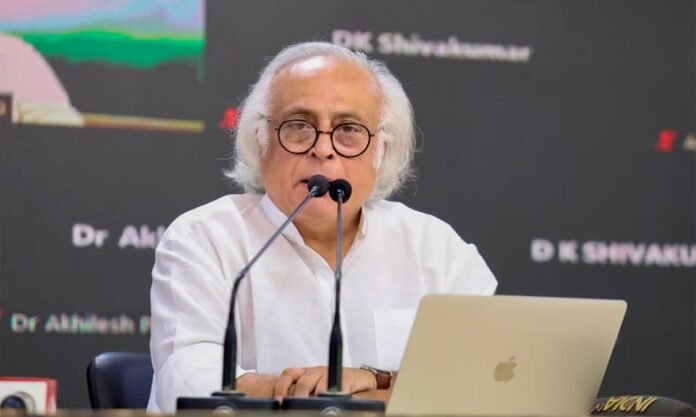The Congress party has strongly criticized Union Home Minister Amit Shah over his recent comments regarding the Great Nicobar Mega Infrastructure Project. The opposition claims the project disregards significant environmental and indigenous rights concerns. High-profile critics, including noted environmentalists and historians, raise alarms about the project’s potential to devastate local ecosystems and the rights of indigenous tribes.
Prominent signatories of a letter opposing the project contend that critical regulations—including the ANPAT Regulation of 1956 and the Shompen Policy of 2015—have faced severe neglect in the hurried approval process. They argue the Environmental Appraisal Committee has overlooked anthropological and ecological objections, leading to detrimental impacts on the land and communities involved.
The letter highlights troubling developments, including the denotification of the Galathea Wildlife Sanctuary and the establishment of three new sanctuaries that occurred without consultation with islanders from Great and Little Nicobar. This lack of engagement with local residents raises serious concerns about the legitimacy of the environmental approvals obtained by government agencies.
Asserting that the project represents a “hollow exercise,” the critics believe it merely serves to meet the conditions for Environmental Clearance, rather than genuinely working to protect the environment. They urge Environment Minister Bhupender Yadav to move beyond political considerations and recognize the substantial and irreversible harm this initiative poses to the biodiversity and the livelihood of native tribes.
The letter boasts an impressive list of signatories, including esteemed figures such as Padma Bhushan recipient Ramachandra Guha, conservationist Romulus Whitaker, wildlife biologist Ravi Chellam, noted nature conservationist Asad Rahmani, and scientist Sharachchandra Lele. Their collective statement emphasizes a call for a thorough reevaluation of the proposed project.
Shifting the conversation to the political realm, Congress Parliamentary Party chairperson Sonia Gandhi has gone on record, labeling the Great Nicobar Mega Infrastructure Project as a “planned misadventure.” According to her, the project stands to jeopardize the survival of indigenous tribes like the Shompen and Nicobarese while threatening one of the world’s rarest ecosystems. Gandhi consistently claims that this massive undertaking is also highly vulnerable to natural disasters.
In her view, the push for the Great Nicobar project exemplifies a lack of respect for legal frameworks and community engagement. Reports suggest that she accuses the government of making “a mockery of all legal and deliberative processes” in an effort to expedite approval.
In a bid to counter these claims, Minister Bhupender Yadav defended the project in an article published in “The Hindu,” stressing its significance for strategic and national defense purposes. He argues that such development initiatives are crucial for the country’s future and should not be undermined by fears of potential ecological impacts.
The Great Nicobar Mega Infra Project continues to be a contentious issue, highlighting the ongoing debate between development and conservation in India. As discussions unfold, various stakeholders remain divided over how best to balance the needs of indigenous communities with national interests in infrastructure and economic growth.




